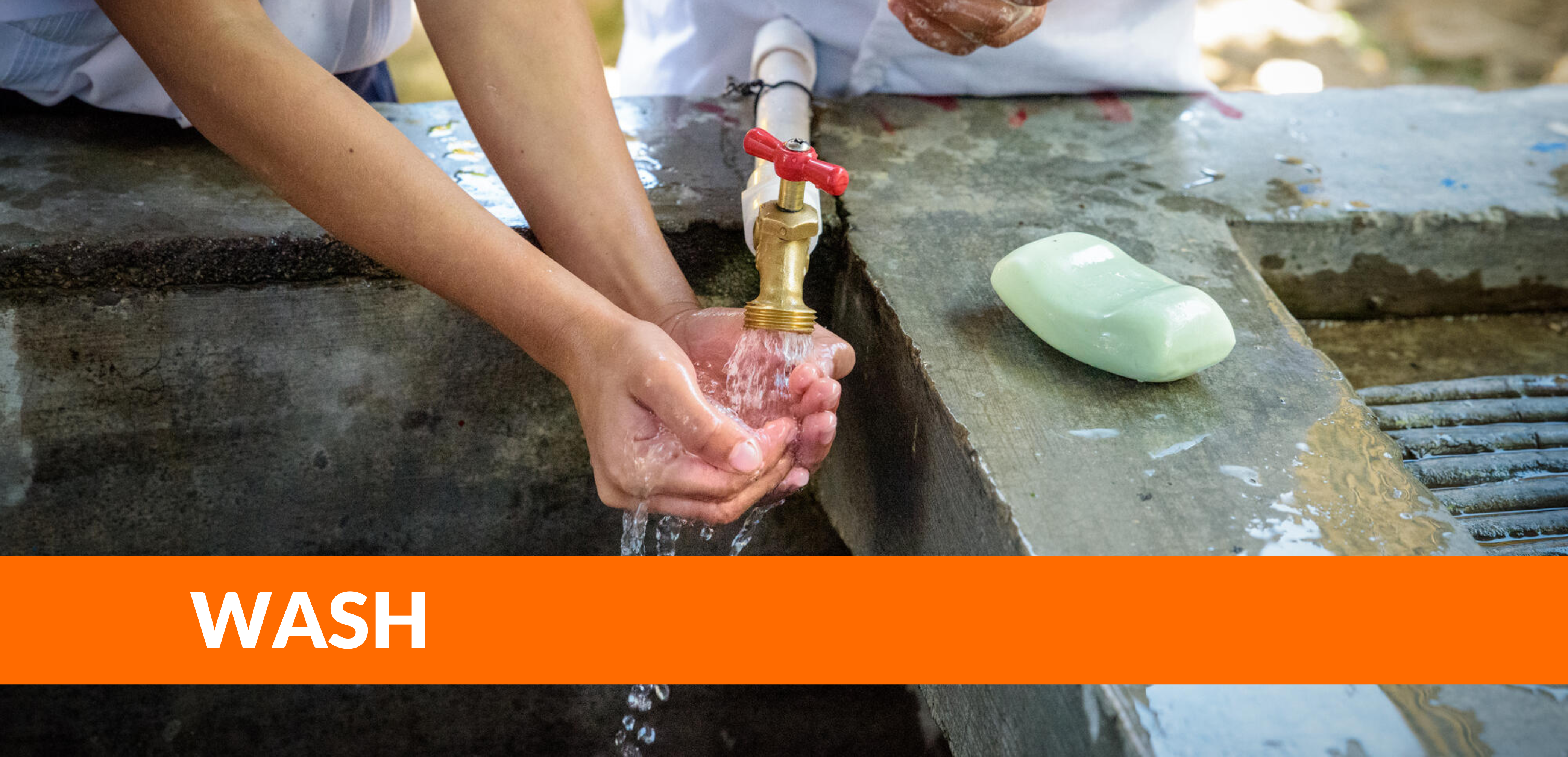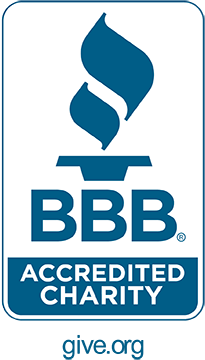Abstract: Rural water systems in sub-Saharan Africa are often managed by community water committees. For this to be sustainable, committees must be able to mobilize resources for operation and maintenance, repair, and/or upgrade of their water systems. Some committees collect a monetary water fee, but other options are available. Three hundred twenty-one interviews, focus group discussions and mapping activities were conducted with committees, community members, and post-construction support providers in 18 rural communities in Ghana, Kenya, and Zambia. We identified several non-monetary and non-fee mechanisms, including mobilization of personal and community assets, community institutions, and community labor. We found that several factors contribute to community decisions about resource mobilization, including season, community economic characteristics, and community institutions. We recommend that enabling actors adapt their rural water supply projects and programs to be more inclusive of these other resource mobilization options.
Data were collected in 18 rural communities – six in each of the three study countries: Ghana, Kenya, and Zambia. Study countries were selected by one of the research sponsors, World Vision (WV), from the countries in which they operate so that one country in western Africa, one in eastern Africa, and one in southern Africa were included.





